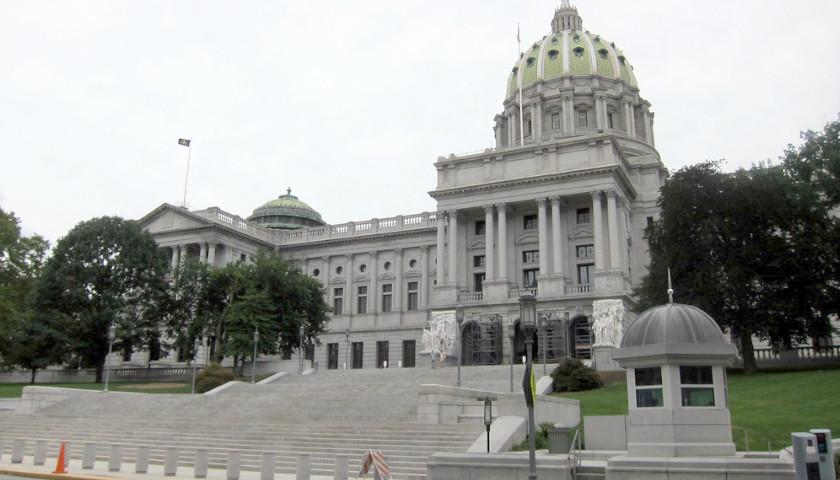by Anthony Hennen
Pennsylvania’s finances have improved in recent years, with Moody’s Investor Services announcing it has revised the state’s financial outlook from “stable” to “positive.”
The financial services company noted the commonwealth’s “recently improved financial position and above-average long-term liabilities dominated by its unfunded pension burden.”
While the state’s economic performance “has historically lagged the nation,” Moody’s noted it “has improved somewhat over the past year, and state revenue has been stronger than expected for three consecutive fiscal years.”
State Republicans claimed their desire to restrain spending drove the improved rating.
“For years, Senate Republicans have resisted calls for billions in new spending and taxes and fought for more responsible and sustainable approaches to budgeting,” Sen. Scott Martin, R-Strasburg, said in a statement. “We have done everything in our power to protect taxpayer dollars and put our commonwealth on better financial footing, and this announcement shows that we are on the right track.”
Likewise, state Democrats claimed responsibility for the state’s Aa3 credit rating and improved outlook.
“Today’s rating reaffirms that our commonwealth is on sound financial footing – and that with the commonsense investments we are making, Pennsylvania is on a path for continued economic growth,” Gov. Josh Shapiro said in a press release. “Together with leaders in both parties, we passed a bipartisan, commonsense budget … I’m proud that Pennsylvania has been recognized for our sound financial management – and my administration will keep working to grow our economy and ensure the commonwealth’s fiscal outlook remains strong.”
Pennsylvania’s credit rating lags behind nearby states like Virginia, Ohio and New York, but is better than New Jersey, according to the Pennsylvania Treasury. The commonwealth’s Aa3 rating has been flat since 2014, after a three-year decline from Aa1.
A higher credit rating means lower borrowing costs when the state takes on debt.
“Pennsylvania’s positive outlook is based on the significant increase in budget reserves over the past three fiscal years to levels consistent with higher rated peers,” Moody’s noted. “We expect that core rainy day reserves will remain near current levels due to sound budget management and continued steady revenue growth.”
The commonwealth’s rating could be upgraded, Moody’s added, by maintaining a structurally balanced budget and strong reserves, economic growth, and sound governance among other factors. It could get downgraded due to slow economic performance that puts pressure on the budget, growth in debt, or lower reserves.
The Independent Fiscal Office has warned of such a scenario, where a shrinking workforce means that government spending outpaces state tax revenues. Pennsylvania Treasurer Stacy Garrity has also warned of a “silver tsunami” where an aging population boosts the demand of state services that outpaces tax revenues, creating an $18 billion budget shortfall.
– – –
Anthony Hennen is a reporter for The Center Square news wire service, covering Pennsylvania, and co-host of Pennsylvania in Focus, a weekly podcast on America’s Talking Network. Previously, he worked for Philadelphia Weekly and the James G. Martin Center for Academic Renewal. He is managing editor of Expatalachians, a journalism project focused on the Appalachian region.
Photo “Pennsylvania Capitol” by Wally Gobetz. CC BY-NC-ND 2.0.





